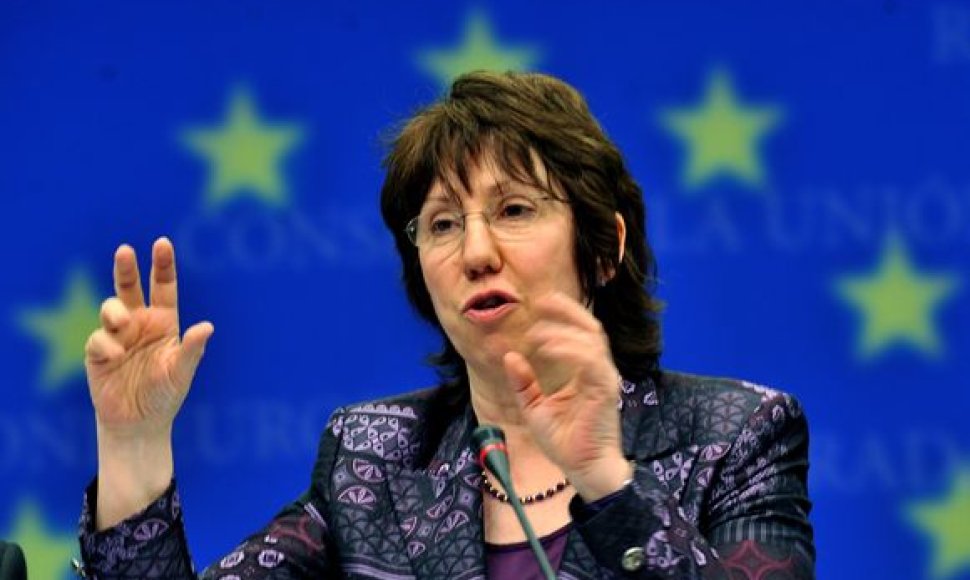"Lithuania supports the statement of the EU High Representative for Foreign Affairs and Security Policy on Belarus and is holding consultations with other EU countries on an adequate response to the situation, speaking for rational, principled and cohesive EU action," the ministry said in a comment on Wednesday.
According to the communiqué, "Lithuania will continue its consistent support to the efforts of Belorussian people to build a European Belarus."
"We regret the steps taken by the Belorussian administration, which mean further isolation of the country and limited relations with the European Union," reads the communiqué.
On Tuesday evening, the EU recalled all of its ambassadors from Belarus.
Earlier on Tuesday, Minsk expelled the Polish ambassador who headed a campaign for new EU sanctions, along with an EU envoy.
Belarus also recalled its ambassadors from Poland and the EU, the step came a day after announcement of new sanctions against Belorussian officers over violations of human rights committed by President Alexander Lukashenko.
All EU ambassadors to return from Belarus
All European Union member states' ambassadors, recalled in protest against Minsk's actions, should return for consultations this week, Lithuanian Minister of Foreign Affairs Audronius Ažubalis said on Wednesday.
"It was decided that they would all return for consultations this week," the minister told journalists.
Ažubalis refused to speculate as to when ambassadors would return to Minsk, saying that "it will depend on a further direction of EU-Belorussian relations."
Ažubalis said Minsk's decision was perceived as "refusal to continue dialogue with the EU."
"Minsk's decision was non-productive as it prevented further dialogue. Ambassadors are those instruments through which states hold dialogue. If you recall an ambassador, you refuse dialogue," the Lithuanian foreign affairs minister said.
Ažubalis added that the Belorussian ambassador to Lithuania would be summoned to the Ministry of Foreign Affairs on Wednesday or Thursday, and Lithuania's position would be explained to him.
Asked whether the recent events would have huge impact on bilateral relations, Ažubalis said: "I don’t really expect dramatic changes."












